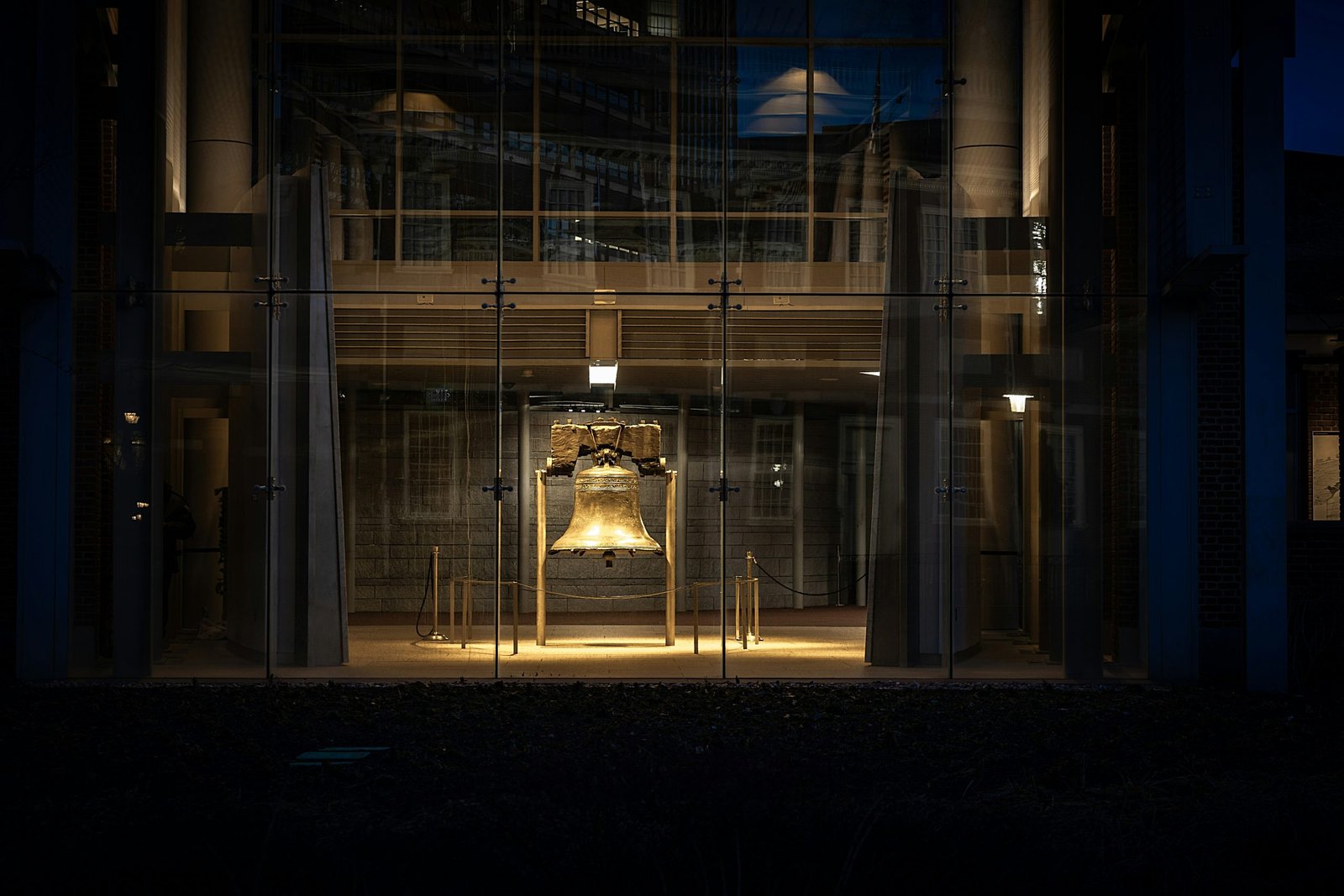Wednesday, also known as “Hump Day” for its position in the middle of the workweek, has a fascinating history. It actually dates back to ancient times when different cultures had their own unique ways of keeping track of time.
In ancient Rome, for example, they followed a seven-day week system, just like we do today. However, the Romans named each day after a celestial body or a god. Wednesday was named after the Roman god Mercury, known as the messenger of the gods and the god of commerce, travel, and communication.
As the Roman Empire expanded, so did their influence on the Western world. The seven-day week system eventually spread throughout Europe and beyond, with each culture adapting it to their own customs and beliefs.
Interestingly, the English name “Wednesday” is derived from the Old English word “Wōdnesdæg,” which means “day of Woden.” Woden, or Odin, was a Norse god associated with wisdom, war, and poetry.
So, to answer the question, Wednesday as we know it today was not “created” in the traditional sense. Instead, it evolved over centuries as different cultures and civilizations developed their own systems of timekeeping.
Now, every time you say “Happy Wednesday!” or look forward to the middle of the week, you can appreciate the rich history behind this day. It’s a reminder of the ancient civilizations that laid the foundation for our modern calendar.





